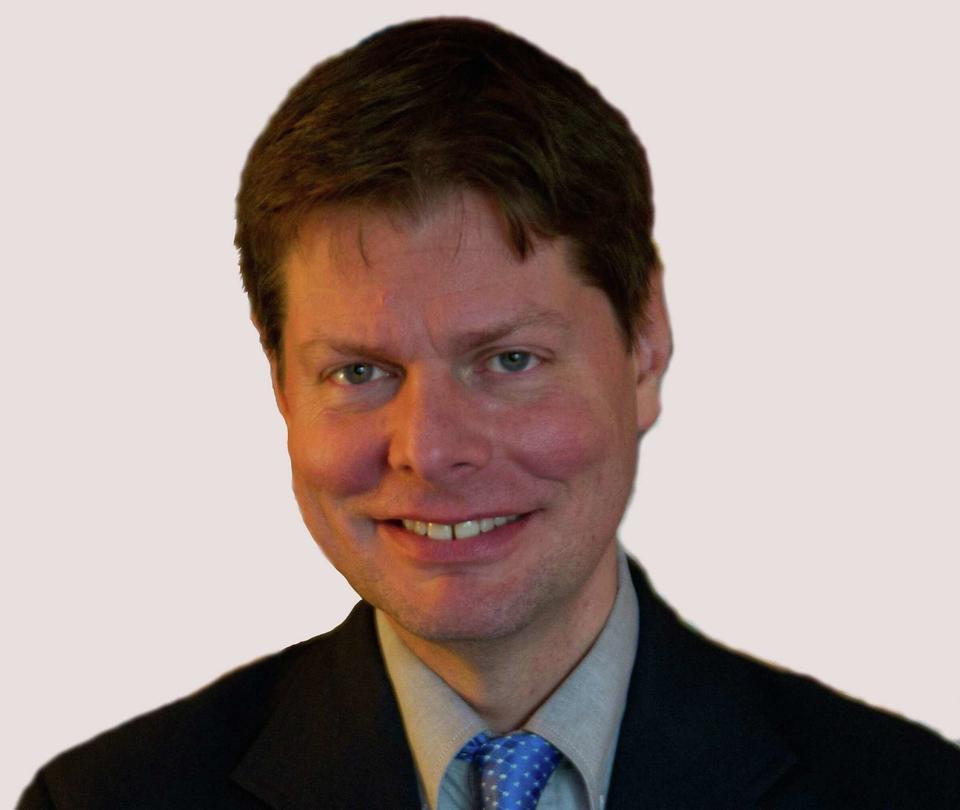‘Like Uber, but for God’ — This online forum lets people interact with clergy of different faiths
“It’s like Uber, but for God.”
That’s how Tablet magazine’s Liel Leibovitz described Tablet’s new initiative called “The Tent.” It’s a digital space for anyone to sign up to form a relationship with a member of clergy of their own faith, or another tradition, to ask questions, listen to thought-provoking lectures and workshops, and enter a “Tent” belief, if they so choose.
It’s a bit of a strange mission for a Jewish online magazine to take on, one that is decidedly outside of the journalistic sphere. Why are Leibovitz and other Tablet staffers spending their precious time and resources working as spiritual matchmakers for hundreds of strangers?
Leibovitz told me: “Working in this space, covering religion as journalists, not only our own faith tradition but also interacting and reporting on others, we noticed this curious dichotomy: On the one hand, more and more people seem desperate for spiritual and emotional answers to real and eternal human needs and desires; which is why we’re seeing such a huge bump in self-help books to meditation apps. On the other hand, we’re seeing fewer and fewer people seek answers in traditional spaces like churches, synagogues and mosques.
“There’s this great chasm because the needs are eternal, but for a whole host of reasons, it’s way more complicated to hear the traditional answers or the traditional sources.”
This is, he said, the rare problem that technology could address head-on.
Tablet is running the site for a limited time, between March 18 and April 16, because of the serendipitous overlap of four major American religious holidays: The Hindu holiday of Holi, followed by Ramadan, Passover and Easter.
The timing is also fortuitous because the faith of so many Americans took a significant beating during the pandemic.
Writing for City Journal in late December, Steven Malanga compared how while other periods of crisis had strengthened the faith of Americans, the time of COVID-19 had the opposite effect. Why? Malanga explained, “The absence for long periods of in-person religious observation, propelled in part by government shutdowns of churches by politicians who deemed them “nonessential” institutions — in contrast to pharmacies, supermarkets and even liquor stores in many places. The substitute for churchgoing became ‘Zoom’ Masses and other virtual celebrations.”
He went on, “Rather than comfort, religious observance sometimes became a reminder of how grim times had become. Even after the lockdowns ended, many religious leaders enforced rules for social distancing, mask use and limits on attendance that have eroded the experience, disillusioning the faithful.”
Discussing The Tent, Leibovitz acknowledged, “The ideal remains the in-person, real world interaction. There is no substitute for being together with other people, and there never will be.” He went on to explain that for those who, for whatever reason, dropped out of religious observance or who were never observant at all, this is where they can start.

Liebovitz and the team running The Tent believe that the need to be connected with faith is acute. He told me, “So many people are feeling so much stress, fear, anxiety, and they’re standing on their end of the river, and they’re looking at the other side of the river, and it seems really verdant and green and beautiful, because it offers them something like tradition, a connection to something their family has been doing for generations, community.
“All of these values that they increasingly understand aren’t just beautiful, but also essential to human survival.”
In The New York Times, of all places, the fact that religion is essential was acknowledged this past week. Dr. Ilana Horwitz wrote about recent findings from a study she conducted of more than 3,000 teens over the course of a decade. Her findings?
American men are dropping out of college in alarming numbers. A slew of articles over the past year depict a generation of men who feel lost, detached and lacking in male role models. This sense of despair is especially acute among working-class men, fewer than one in five of whom completes college.
Yet one group is defying the odds: boys from working-class families who grow up religious.
Why is it that these religious boys were faring better? Horwitz suggests that religious faith combats the overwhelming feelings of despair that plagued the nonreligious teens in her survey.
RelatedRewinding to Liebovitz’s tent analogy: How can this platform be a force for social good? Research like that conducted by Horwitz explains the life-altering benefits of faith in one’s academic, emotional and social life. So how can a person without a connection to faith or a faith leader reap the benefits of a faithful life? It’s not as easy as simply walking into a house of worship and asking to speak to the manager in the year 2022.
Enter The Tent.
“How about we introduce you to this nice person who will answer your questions, at your pace,” Liebovitz said. “It’s literally Uber, but for God. The destination is for you to figure out.”
What’s the end goal, what constitutes success when this project ends in mid-April?
Liebovitz paraphrased a famous Talmudic precept: “Even he who saves one soul saves the world entire.”
He went on, “If even one person was feeling baffled and befuddled and was able through connections they made on this platform to gain some sense of clarity, purpose and meaning and further their own journey, whatever that might mean to them, then this has been a huge success.
“And if we can do it for more than a couple of people, and we can help these people find not just good faith leaders but also each other and form real communities (that are) actually focused and centered on real values and real traditions, and by doing so amplify the voices of our smartest and most thoughtful believers, then I think we would have done a very nice thing.”
Bethany Mandel is a contributing writer for the Deseret News and an editor of the children’s book series “Heroes of Liberty.”








